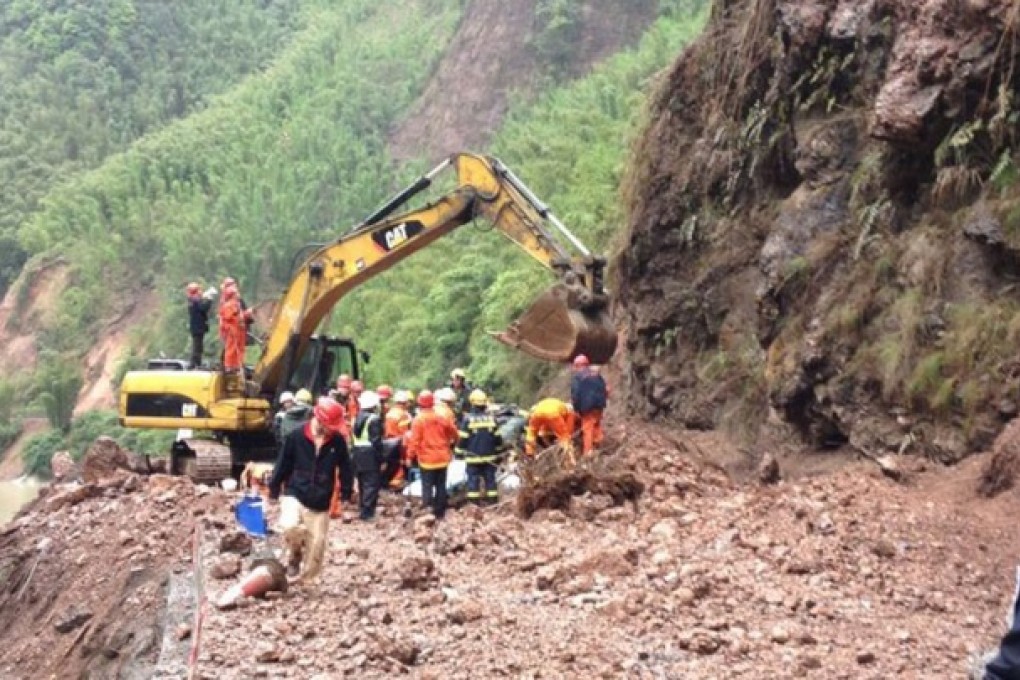Beijing has learned lessons about quake relief since 2008
At 2.28 this afternoon countless families will be savouring lunch in honour of Mother's Day. But it will be a poignant moment for thousands of mainland mothers still mourning children who died in the catastrophic Sichuan earthquake that struck at that moment five years ago. The day after, this column closed its first comment with the words: "A great disaster has befallen China."

At 2.28 this afternoon countless families will be savouring lunch in honour of Mother's Day. But it will be a poignant moment for thousands of mainland mothers still mourning children who died in the catastrophic Sichuan earthquake that struck at that moment five years ago. The day after, this column closed its first comment with the words: "A great disaster has befallen China."
In the lead-up to the fifth anniversary, the media has revisited the convulsion of nature that killed more than 87,000 people, and some of the survivors whose lives were changed forever. The scale of the physical and human devastation remains fresh in the memories of many. If a reminder were needed, it came with a less severe earthquake in Sichuan province on April 20, which killed about 200.
Last month's quake focused attention on the national reconstruction effort that followed the 2008 disaster, not least because of controversy over the Hong Kong government's request to lawmakers for a HK$100 million relief donation. The request, though eventually agreed to, revived questions about whether some of the HK$10 billion Hong Kong donated for reconstruction in Sichuan in 2008 was well spent. For example, a secondary school rebuilt with our money was later torn down to make way for luxury flats.
Fear that money is being wasted, misspent or siphoned off may undermine the spirit of giving. But it would have been unthinkable to deny victims humanitarian aid. Follow-up reports show that most of the money we donated in 2008 went to worthy causes. In general, after initial intense public criticism of slow response times, inefficiency and the opaque handling of a total of 76 billion yuan (HK$87 billion) in donations, reconstruction has largely proceeded smoothly.
Beijing has learned lessons. In 2008 non-government organisations and volunteers took the lead. This time a publicity campaign has highlighted an improvement in the speed and efficiency of the government's response under the direction of top leaders, including Premier Li Keqiang on the ground. In the absence of a free press, social media is proving useful in prompting more transparency and accountability in the use of relief funds. It would be a shame if Hong Kong's reputation for exceptional generosity in times of disaster suffered because of concerns over the lack of stringent safeguards against corruption and misspending.
